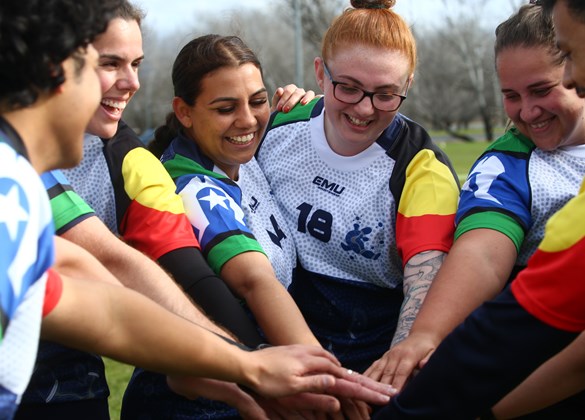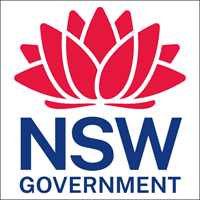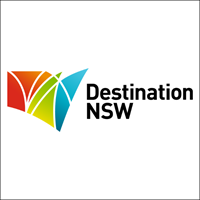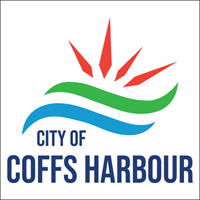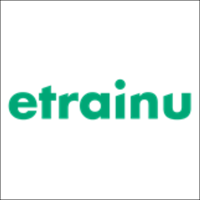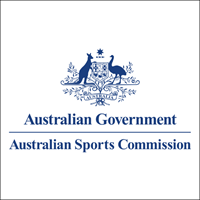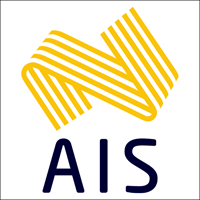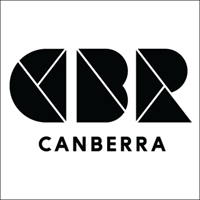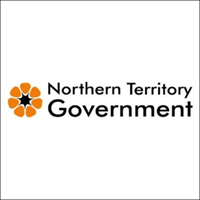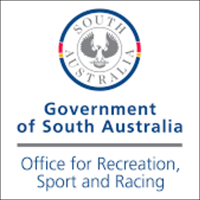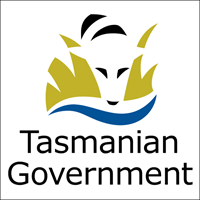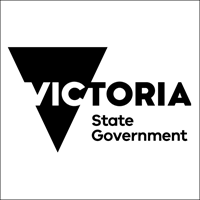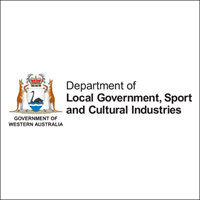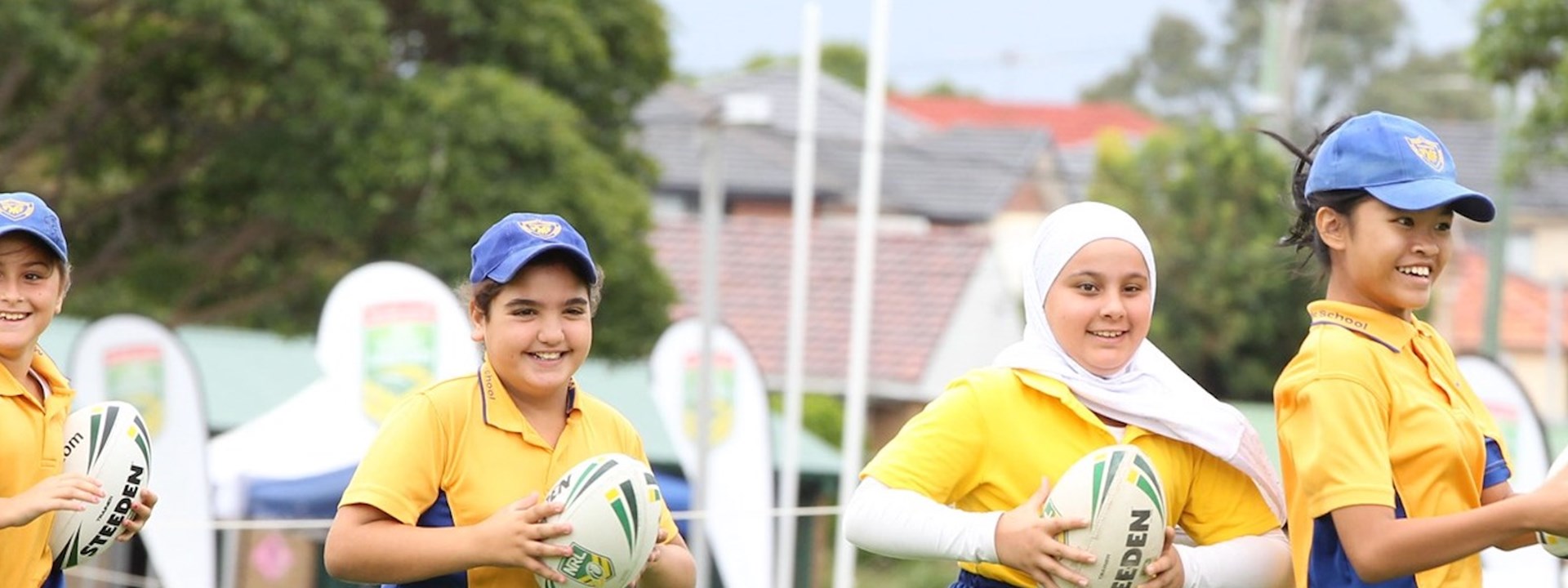
Multicultural
Touch Football Australia Zero Tolerance Statement
Touch Football Australia has a zero-tolerance approach to any form of bullying, harassment, or vilification of anyone regardless of race, culture, beliefs or socio-economic background. All members of the Touch community will be treated fairly both on and off the field.
Days of Significance
Days of significance for those of Culturally and Linguistically Diverse (CALD) backgrounds enable us to celebrate and learn more about our community's diverse and rich culture.
Below is a list of each of the significance days for the CALD community for your club and team to learn more about and discuss to help increase awareness about upcoming days.
- February 1st-7th: World Interfaith Harmony Week
- February 21st: International Mother Language Day
- March 21st: International Day for the Elimination of Racial Discrimination
- March 21st-29th: Cultural Diversity Week
- May 1st: World Day for Cultural Diversity for Dialogue and Development
- June 20th: World Refugee Day
- November 16th: International Day for Tolerance
- December 10th: Human Rights Day
- December 18th: International Migrants Day
Touch Football Australia Commitment
Touch Football Australia is committed to outlining a Multicultural (CALD) Plan by June 2024.
While we will continue to do what we can in this space, we encourage those from CALD backgrounds to engage with us and seek support to enhance the experience of playing Touch Football. You can contact the Inclusion Team here: inclusion@touchfootball.com.au
Inclusion
Touch Football Australia Inclusion
Everyone can play. Touch Football Australia is committed to making Touch Football a safe, inclusive and welcoming place for all Australians regardless of gender, sexuality, ability or cultural background.
What are Multicultural (CALD) Families?
Culturally and linguistically diverse (CALD) groups comprise a significant proportion of Australia’s population. Currently, 31% of Australians were born overseas and, of these, about two-thirds were born in non-English speaking countries (Australian Bureau of Statistics [ABS], 2007).
CALD families refer to those born, or who have at least one parent born overseas, but the difficulty in defining the term needs to be acknowledged. On the one hand, it is an inclusive term when it is describing Australia’s cultural and linguistic plurality (ABS, 1999) and so refers to all families. However, in research and practice especially, it is mostly used to distinguish the mainstream community from those in which English is not the main language and/or cultural norms and values differ. “CALD” therefore has superseded the term “non-English speaking background” (NESB) because of its reference to culture as an explanation for why differences between CALD and mainstream communities may occur, and so goes beyond linguistic factors.
CALD families, then, generally refer to those that originate from countries in which English is not the main language. Therefore, it refers to all people who are not English-speaking Anglo-Saxons/Celtics or Indigenous/Aboriginal Australians.
Why is Multicultural (CALD) participation a priority for Touch Football Australia?
According to the 2021 Census:
- 29.1% of Australia's resident population were born overseas (7.5 million migrants).
- In descending order of population size, the main groups of Australians Born overseas in Australia are from, India (2.8%), China (2.3%), Philippines (1.2%), Vietnam (1.0%), Malaysia (0.7%), Italy (0.7%), Sri Lanka (0.5%), Nepal (0.5%), Germany (0.4%).
The small group above totals 10.2% of Australia's population (2021 Census).
